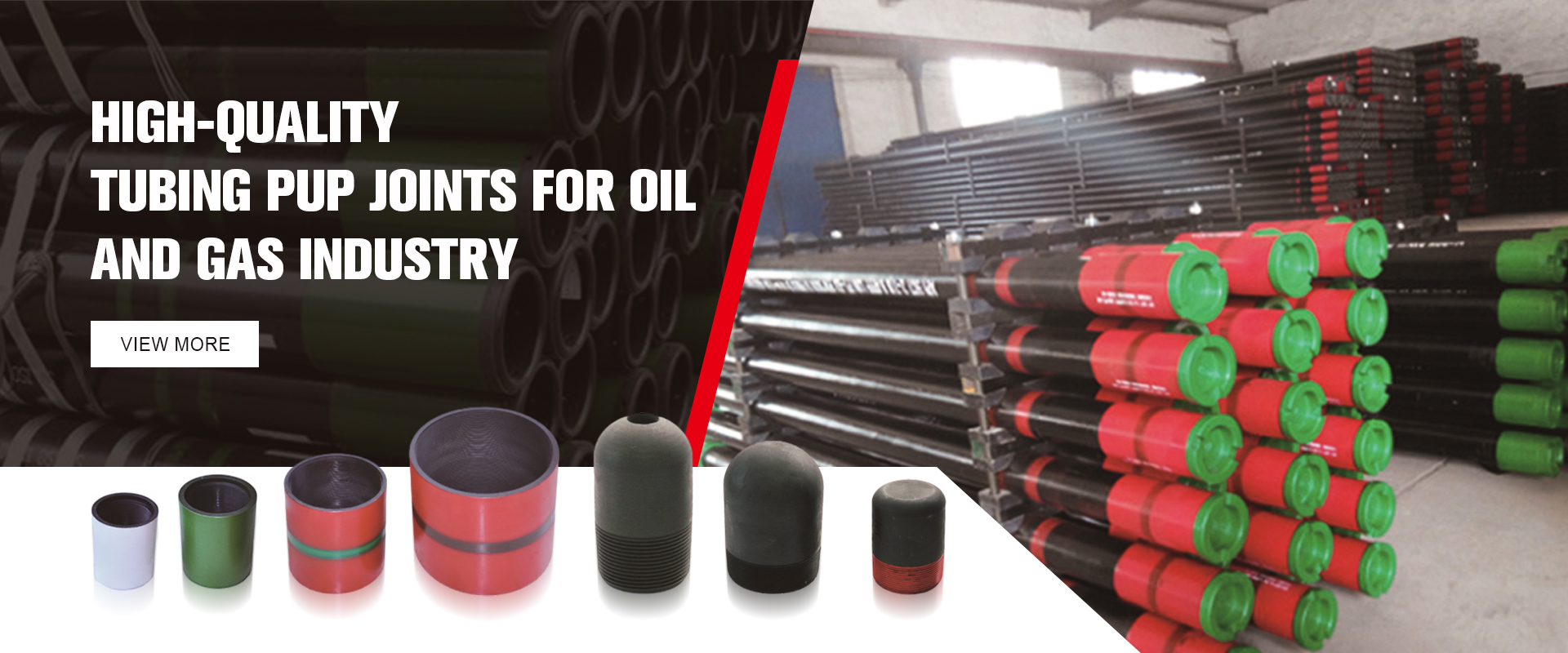- Afrikaans
- Albanian
- Amharic
- Arabic
- Armenian
- Azerbaijani
- Basque
- Belarusian
- Bengali
- Bosnian
- Bulgarian
- Catalan
- Cebuano
- Corsican
- Croatian
- Czech
- Danish
- Dutch
- English
- Esperanto
- Estonian
- Finnish
- French
- Frisian
- Galician
- Georgian
- German
- Greek
- Gujarati
- Haitian Creole
- hausa
- hawaiian
- Hebrew
- Hindi
- Miao
- Hungarian
- Icelandic
- igbo
- Indonesian
- irish
- Italian
- Japanese
- Javanese
- Kannada
- kazakh
- Khmer
- Rwandese
- Korean
- Kurdish
- Kyrgyz
- Lao
- Latin
- Latvian
- Lithuanian
- Luxembourgish
- Macedonian
- Malgashi
- Malay
- Malayalam
- Maltese
- Maori
- Marathi
- Mongolian
- Myanmar
- Nepali
- Norwegian
- Norwegian
- Occitan
- Pashto
- Persian
- Polish
- Portuguese
- Punjabi
- Romanian
- Russian
- Samoan
- Scottish Gaelic
- Serbian
- Sesotho
- Shona
- Sindhi
- Sinhala
- Slovak
- Slovenian
- Somali
- Spanish
- Sundanese
- Swahili
- Swedish
- Tagalog
- Tajik
- Tamil
- Tatar
- Telugu
- Thai
- Turkish
- Turkmen
- Ukrainian
- Urdu
- Uighur
- Uzbek
- Vietnamese
- Welsh
- Bantu
- Yiddish
- Yoruba
- Zulu
Understanding the Concept and Applications of Bull Plug in Industry and Engineering Contexts
Understanding Bull Plug Definition and Applications
In various mechanical and engineering contexts, the term bull plug refers to a specialized type of pipe fitting often used in the oil and gas industry, as well as in other industrial applications. This fitting plays a crucial role in the maintenance and functionality of piping systems. Understanding what a bull plug is and its applications can provide valuable insights into its importance in various fields.
Understanding Bull Plug Definition and Applications
One of the key aspects of bull plugs is their compatibility with various materials. They are commonly made from metals such as steel, brass, or stainless steel, which can withstand harsh environmental conditions and high-pressure situations. In addition to metals, bull plugs can also be found in plastic materials, designed for use in less demanding applications. The choice of material often depends on the specific requirements of the application, including pressure ratings, temperature, and the nature of the fluid or gas being contained.
bull plug definition

The applications of bull plugs are vast, and they are commonly used in numerous industries. In the oil and gas sector, bull plugs are critical in sealing pipelines during maintenance or shutdown periods. They help prevent leaks, which can be not only costly but also hazardous to the environment and personnel. Additionally, bull plugs are often employed in water treatment plants, chemical processing facilities, and power generation plants, where secure pipe sealing is essential for operational integrity.
In many cases, bull plugs are integral to system testing procedures. When conducting pressure tests, for example, bull plugs are installed to isolate sections of piping, allowing engineers to monitor the integrity of the system under controlled conditions. This ensures that any potential leaks can be detected and addressed before the system is put back into operation.
Another important consideration when using bull plugs is proper installation and torque specifications. Due to the high-pressure environments in which they are often utilized, it is crucial to install bull plugs correctly to avoid shearing or stripping of threads. Engineers often consult torque specifications that correspond to the specific sizes and materials of the bull plugs being used. This attention to detail helps ensure that the plugs maintain their sealing capabilities throughout the lifespan of the piping system.
In summary, the bull plug is a vital component in various piping systems, especially in high-pressure applications such as oil and gas, water treatment, and chemical processing. Its robust design and material versatility make it ideal for creating secure seals that help prevent leaks and maintain system integrity. Understanding its definition, applications, and proper installation is key for professionals in the field, ensuring both efficiency and safety in their operations. As industries continue to evolve, the bull plug will remain a fundamental component in the toolbox of engineers and technicians alike, exemplifying the importance of reliable sealing solutions in modern industrial applications.
-
Tubing Pup Joints: Essential Components for Oil and Gas OperationsNewsJul.10,2025
-
Pup Joints: Essential Components for Reliable Drilling OperationsNewsJul.10,2025
-
Pipe Couplings: Connecting Your World EfficientlyNewsJul.10,2025
-
Mastering Oilfield Operations with Quality Tubing and CasingNewsJul.10,2025
-
High-Quality Casing Couplings for Every NeedNewsJul.10,2025
-
Boost Your Drilling Efficiency with Premium Crossover Tools & Seating NipplesNewsJul.10,2025







